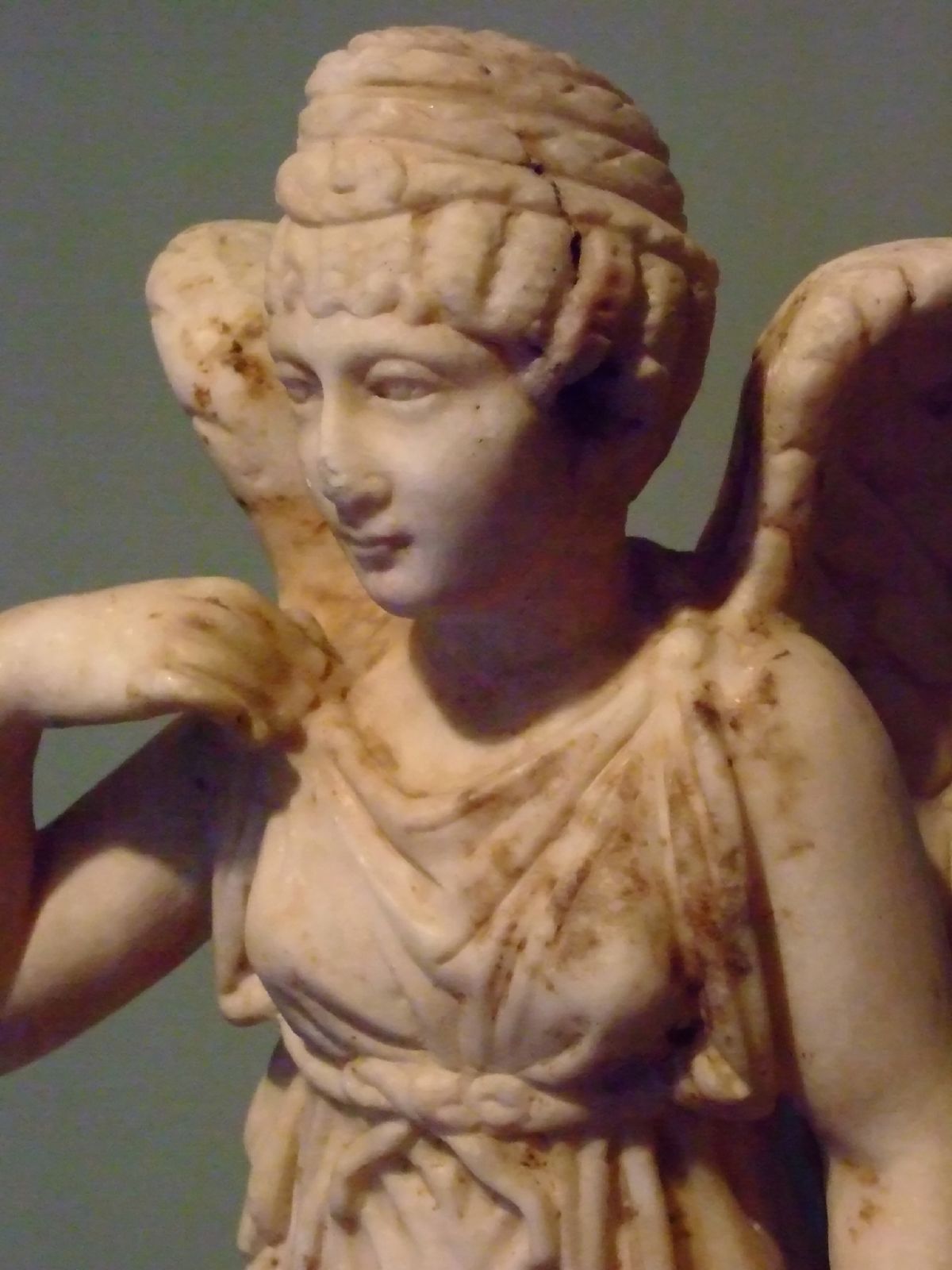
Panoply Definition, Etymology, and Usage
Discover the meaning of ‘panoply,’ its Greek origins, and examples of its use in language and literature.
But you don't know it

Discover the meaning of ‘panoply,’ its Greek origins, and examples of its use in language and literature.

Definition: An anachronism is a chronological inconsistency in some arrangement, especially a juxtaposition of person(s), events, objects, or customs from different periods of time. The term is often used to describe something or someone that is not in its correct historical or chronological time, especially a thing or person that[…]

Unlock the meaning of synopsis: a concise overview or summary of a work’s main points, rooted in Greek for ‘general view’. Perfect for quick insights.

Discover the origins and purpose of the prologue, from ancient Greek “prologos” meaning “before speech,” to its role in modern literature and drama.

Delve into the meaning of “chronicle,” from its Greek roots in “chronos” for time, to its role in documenting history’s unfolding narrative.

Explore the concept of pathos, a key rhetorical device originating from Greek “suffering,” used to evoke emotion and persuade through sympathy or sorrow.

Discover the role of the protagonist in narrative forms, a concept originating from Greek drama, denoting the central or leading character in a story.

Uncover the essence of autobiography, a self-written life narrative, rooted in Greek terminology, offering personal insights into the author’s experiences.

Delve into the ‘epilogue’, the concluding segment of a story, originating from Greek, offering final remarks or a glimpse into the future.

Explore ‘nemesis’, a term rooted in Greek mythology, representing retribution and rivalry, now a staple in literary and cultural narratives.